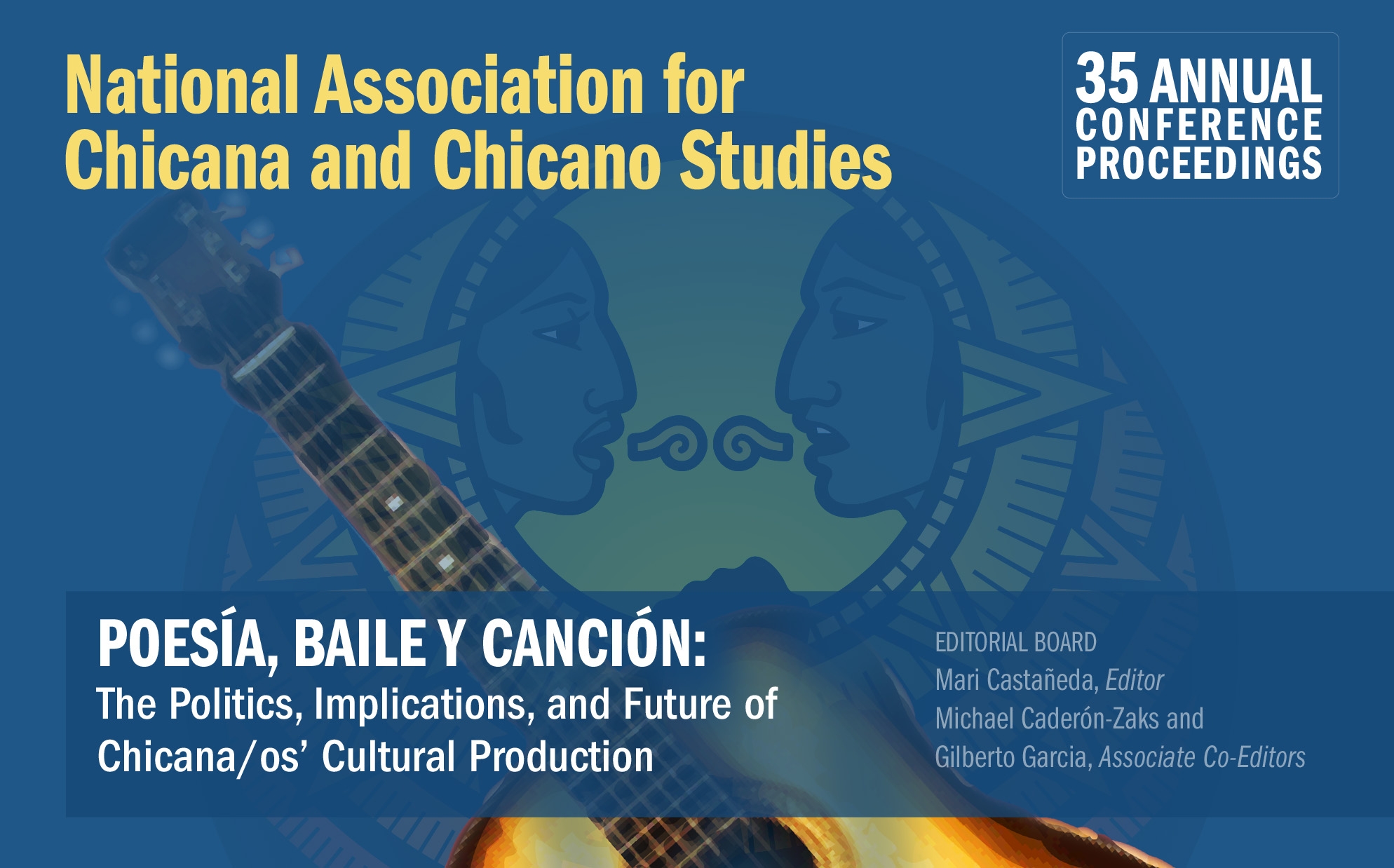Location
2008 NACCS Conference Presenter
Abstract:
The removal from the United States/Mexico borderlands of persons of Japanese descent during World War II resulted in great losses which, until now, have not been acknowledged by the Mexican or the United States government. Although their forced relocation is an event of great significance in the relations of the two countries involved in their displacement, the official narratives deny any deep impact suffered by Japanese Mexicans. However, the question of their uprooting is inextricably linked to the loss of civil rights and the Mexican government’s compliance with the United States’ requirement to neutralize internal enemies. This paper explores the experience of the Japanese Mexican community during World War II through the poetry of Martin Otsuka as well as through my literary intervention in the narrative of the Japanese diaspora. Inspection of the research and creative writing process involved in narrating the Mexican Japanese relocation throws light on the reconfiguration of identities that diasporic communities forge horizontally. My research and perspective as a Chinese Mexican writer allows me to argue that geographical displacement made possible the creation of new identities and solidarities during World War II that superseded, at times, nationalist affiliations.
Included in
Asian American Studies Commons, Asian History Commons, Chicana/o Studies Commons, Ethnic Studies Commons, Race and Ethnicity Commons
Re-imagining Collectivities: The Mexican Japanese during World War II
2008 NACCS Conference Presenter
Abstract:
The removal from the United States/Mexico borderlands of persons of Japanese descent during World War II resulted in great losses which, until now, have not been acknowledged by the Mexican or the United States government. Although their forced relocation is an event of great significance in the relations of the two countries involved in their displacement, the official narratives deny any deep impact suffered by Japanese Mexicans. However, the question of their uprooting is inextricably linked to the loss of civil rights and the Mexican government’s compliance with the United States’ requirement to neutralize internal enemies. This paper explores the experience of the Japanese Mexican community during World War II through the poetry of Martin Otsuka as well as through my literary intervention in the narrative of the Japanese diaspora. Inspection of the research and creative writing process involved in narrating the Mexican Japanese relocation throws light on the reconfiguration of identities that diasporic communities forge horizontally. My research and perspective as a Chinese Mexican writer allows me to argue that geographical displacement made possible the creation of new identities and solidarities during World War II that superseded, at times, nationalist affiliations.

